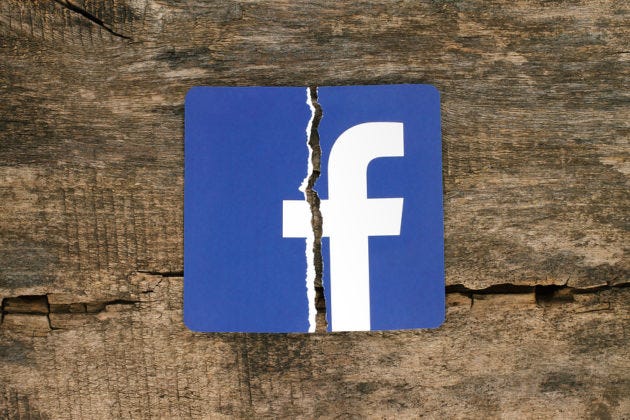Facebook has never felt more vulnerable to me, and yet, the grip Facebook Inc has — with Instagram, WhatsApp, and of course Big Blue, is still as strong as it ever was. Still, when I look at products like Discord, Fortnite, Minecraft, TikTok, or Roblox, I can’t help but believe that there is an opening for a new era of social — what I’ll call parti... See more

